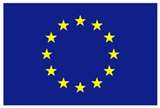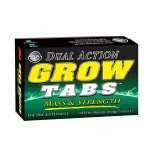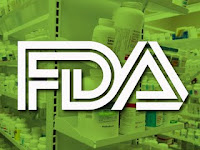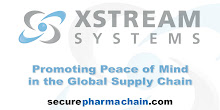
As reported in the November 21 addition of the Los Angeles Times, authorities in the U.S. and across the globe conduct raids this week to intercept fake medications. Highlights from the story appear below:
New York - In highly orchestrated raids around the world this week, Interpol officers in Europe, drug agents in the United States and task forces from Sweden to Singapore confiscated counterfeit prescription drugs in an attempt to stem a rapidly growing criminal business that preys on financially pressed consumers looking for bargains.
The operation, code-named Pangea, is an effort to fight back against fraudulent prescription drug businesses, which have become a $28-million industry in the United States alone.
The national crackdown uncovered nearly 800 packages of fake or suspicious prescription drugs, including Viagra, Vicodin, and Claritin, and shut down 68 rogue online pharmacies, authorities said. They said some counterfeit drugs may have as much as three times more of an active ingredient than is typically prescribed; others may be placebos. Drywall material, antifreeze and yellow highway paint have been found in counterfeit pills.
The operation is centered in a sprawling mail center at New York's Kennedy Airport where hundreds of packages of suspected fake medicines were dumped into orange bins, piled on skids and stacked high waiting to be examined by agents from numerous government agencies. Overseas, Interpol officers and task forces stormed suspected counterfeit drug warehouses and distribution centers.
Counterfeit drugs are the latest -- and potentially most dangerous -- front in the long-running battle against intellectual-property crimes. Law enforcement officials said consumers typically think of counterfeited products such as fake Louis Vuitton purses or Nike sneakers. Although shoes are the most common phony product, accounting for 38%, or $102 million, of counterfeit products seized by customs officials last year, pharmaceuticals are one of the fastest-growing categories.
In 2007, they made up about 6% of total seizures. Last year, they accounted for 10% to become the third-largest category, with an estimated market value of $28 million. Federal officials say that trend is particularly disturbing because of the health dangers that such drugs present.
Counterfeit drugs have a history as old as snake oil, and now the high cost of many prescription drugs has driven consumers to hunt for cheaper alternatives on the Internet. According to the National Assn. of Chain Drug Stores, a trade group, Americans spent $254 billion on prescription drugs last year, up 1.8% from 2007. The long-running recession has made such costs more difficult for many consumers to bear, experts said.
The National Assn. of Boards of Pharmacy maintains a list of roughly 4,000 online pharmacies it says are questionable.
In New York, federal agents spent the week at Kennedy Airport pulling suspicious packages from China, India, Peru, Pakistan, Brazil, Turkey, Taiwan and Russia, trying to spot distribution trends and gathering leads. The leads can take months or years to track down, but officials said they needed to start somewhere.
"For the criminals, at least, we're telling them that everybody's looking," said Richard Halverson, unit chief at the National Intellectual Property Rights Coordination Center.
To see the entire story that appeared in the Los Angeles Times, visit:
http://www.latimes.com/business/la-fi-counterfeit21-2009nov21,0,274882.story
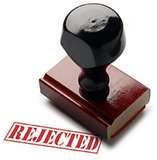 The Food and Drug Administration (FDA) is issuing an order under the Federal Food, Drug, and Cosmetic Act (the act) permanently debarring Anthony W. Albanese from providing services in any capacity to a person that has an approved or pending drug product application.
The Food and Drug Administration (FDA) is issuing an order under the Federal Food, Drug, and Cosmetic Act (the act) permanently debarring Anthony W. Albanese from providing services in any capacity to a person that has an approved or pending drug product application.

